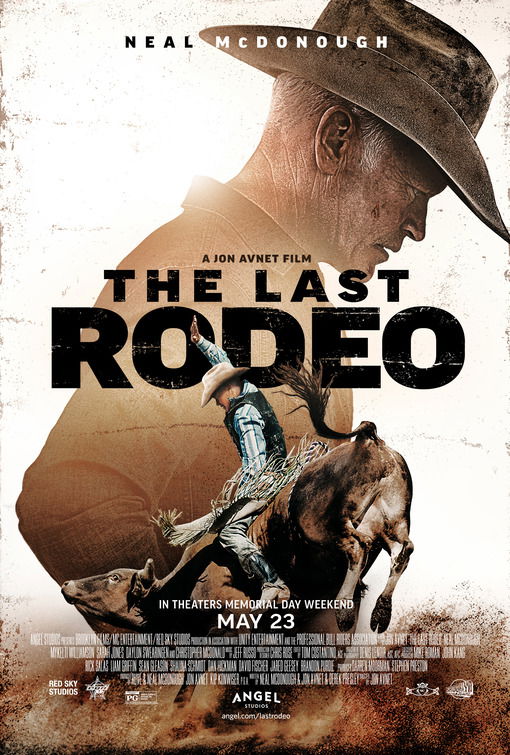By Dr. Tom Snyder, Editor
A recent news report noted that the trailer for the upcoming new STAR TREK movie, which opens on May 9, is the most popular trailer of the year so far.
This shows that there is a lot of anticipation brewing for this movie, which has been created by the man behind such popular TV shows as LOST and ALIAS, J.J. Abrams. Like BATMAN BEGINS, the new movie is an origin story that re-imagines the original STAR TREK characters, created by Gene Roddenberry, that people have come to know and love – Captain James T. Kirk, Dr. Leonard McCoy, Lt. Uhuru, Scotty, Lt. Sulu, and, of course, Mr. Spock.
Only time will tell, of course, whether this movie will live up to people’s expectations, or even exceed them. Whatever the case may be, however, now is a good time to recall what made the original TV series so popular to begin with among Americans.
In the first place, it is important to remember that the original series did not do all that well in the TV ratings. In fact, it was on the verge of cancellation throughout its entire three-year run.
The final cancellation of the original series was so notorious that the original cast of Saturday Night Live did a spoof of the show’s cancellation, featuring John Belushi doing a hilarious impression of William Shatner’s staccato delivery as Captain Kirk. Shatner, by the way, is one of the world’s most underrated actors. Like any actor (including such acclaimed luminaries as Meryl Streep, Al Pacino and Robert DeNiro), Shatner can ham it up with the best of them, but it’s also part of the director’s job to see that an actor doesn’t become too hammy. His performances in the original series, however, his appearances in several of the best TWILIGHT ZONE stories, and in THE WRATH OF KHAN are among the best, most interesting and most moving performances in contemporary visual movies and television.
Despite the cancellation of the original series, STAR TREK found new life in syndication in the early 1970s, when millions of high school geeks eagerly came home from school to relish the crisp plots, exciting drama, witty humor, inspiring ideas, and superb performances of William Shatner, DeForest Kelly, Leonard Nimoy, et al., as they boldly went “where no man has gone before!”
So, what happened? What attracted all those people to bring new life to a cancelled TV series (about space travel no less), that went on to spawn 12 movies and four new TV series?
First of all, we should not under-estimate the influence of the achievement of the first moon landing in July 1969, which finally made the Space Age a reality for many Americans, as well as the rest of the world. This achievement, and the achievement later of the computer age in the early 1980s, imbued people with a new wonder for the optimistic possibilities of technology, possibilities that seemed to lighten the world’s frightful vision of nuclear destruction.
Because of this achievement and the advent of such movies as 2001: A SPACE ODYSSEY, the far-out ideas expressed by the TV series became far more palatable to the American audience, especially its more youthful members.
Secondly, as young American television viewers were able to watch and re-watch every episode of the series, they came to appreciate just how great (and often profound) those crisp plots, exciting scenes, witty humor, and superb performances really were!
Thirdly, this second reason led to a new appreciation of the dramatic conflict between the three primary characters, Captain Kirk, Dr. McCoy and Mr. Spock. In practically every episode, Dr. McCoy would take the emotional side of an argument, Mr. Spock would take the logical side, and Captain Kirk would have to find a way to bring the two together and solve the plot problem.
This impressively profound psychological dynamic between these three characters mirrors a major dilemma that everybody faces in their own personal lives. How do I combine my emotional side with my intellectual side, so that I can become a fully rounded human being, who is neither carried away by my emotions that I become careless or so removed by my intellect that I forget all empathy with my fellow human beings?
This psychological dynamic also made for a great way to tell a lively story with captivating characters, while providing a hugely satisfying resolution that actually brings the three main characters together rather than tears them apart.
The emotional power of this narrative structure and psychological dynamic cannot be underestimated. It is a big reason why many Trekkers still believe that STAR TREK was one of the greatest television programs ever created.
Finally, all the optimism that STAR TREK eventually represented to its many fans was in stark contrast to the darkness of the age, when riots and a controversial war tore the country apart. STAR TREK presented a viable optimistic alternative to the dark conflicts smoldering within the nation. Ronald Reagan seemed to pick up on this hunger for optimism when he ran against Jimmy Carter, president of Gloom and Doom, in 1980.
All that said, it cannot be denied that, in its essence, STAR TREK presents a humanist, liberal vision or worldview, not a Christian or conservative one.
Periodically, therefore, you can see some STAR TREK fans clamor for Paramount, the studio that owns the STAR TREK universe, to bring a recurring homosexual character into one of the movies or into one of the other STAR TREK incarnations. Their reasoning is that doing such a thing would tap into the liberal spirit of innovation, originality and revolutionary “progress” or “change” (to use another popular, but meaningless, word these days) that Gene Roddenberry allegedly brought to the STAR TREK universe he created.
Of course, what these left-wing, discontented fans don’t realize is that what would truly be innovative, original and revolutionary would be if Paramount turned Mr. Spock into a converted Christian who advocated a conservative platform of anti-abortion, capitalist policies of tax cuts, protection of property rights, the right to life, gun ownership, and traditional heterosexual marriage! Even more outrageous, imagine if Mr. Spock were an Intelligent Design scientist or a Creationist who wanted to introduce the concept of God into his science classes.
Be that as it may, let us hope that the new STAR TREK movie picks up on the redemptive, morally uplifting themes of such recent blockbusters as I AM LEGEND, SPIDER-MAN 2 and 3, FINDING NEMO, THE INCREDIBLES, and THE LION, THE WITCH AND THE WARDROBE (or STAR TREK II: THE WRATH OF KHAN) rather than the radical politics and empty worldviews of such bombs and relative failures as MILK, WANTED and THE GOLDEN COMPASS.
Ultimately, STAR TREK owes more to the optimistic visions of leaders like President John F. Kennedy and President Ronald Wilson Reagan than it does to the socialist angst of leaders like President Lyndon Baines Johnson or the current incarnation of President Barack Hussein Obama.
If J.J. Abrams adopts such a triumphant vision at the end of his movie, he could have one of the summer’s biggest success stories on his hands.
Questions or comments? Please write to us here.


 - Content:
- Content: 

